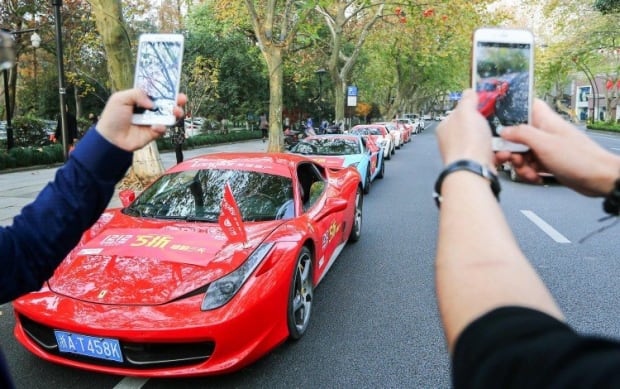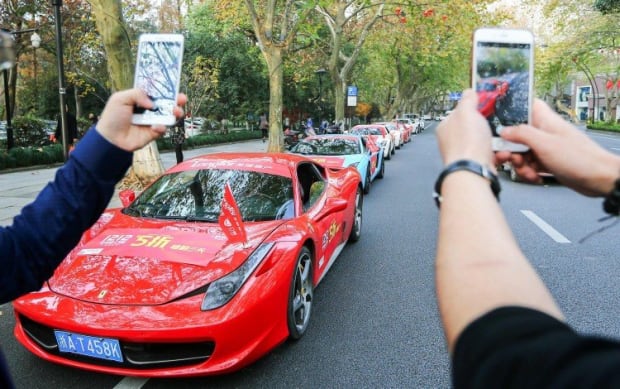
Ever gone on social media and wondered how somebody you know can afford that fancy apartment, car, vacation or even purse? Far from being unique, this is now the problem of not one but several generations.
More people feel negatively about their finances after scrolling through social media than they do about their appearance, career, living arrangements or even romantic relationships.
According to a new survey by Bankrate.com, 34% of social media users feel negatively about their finances after going on sites like Instagram (MVRS) – Get Meta Report, TikTok or Facebook. That number goes up to 47% for Generation Zers between 18 and 25 and 46% for millennials aged between 26 and 41.
Why Do We All Feel So Bad About Our Finances?
Unsurprisingly, those who earn less are most likely to feel worse about their finances after scrolling through and comparing with the lives of others and seeing what they can’t afford — 38% of those making less than $40,000 a year felt worse after scrolling compared to 30% of those earning above $80,000.

The trouble is that the people who feel bad about their finances are often the same ones who are contributing to the illusion of wealth that permeates so much of social media.
Bankrate’s survey said 46% of Generation Zers and 38% of millennial social media posters also reported posting photos that make themselves appear more successful — this can be anything from be styled photos in expensive restaurants to, in extreme cases, photos of private jets and bottles of Cristal opened on top of an expensive sports car.
Scroll to Continue
By contrast, only 17% of Generation Xers aged between 42 and 57 and 9% of Baby Boomers aged between 58 and 76 admitted to posting such things.
What We Say vs. What We Post
Keep in mind that not reporting doing this does not mean that one actually doesn’t. In yet another indication of the discrepancy between what people say and what they post, only 10% of respondents said they want their social media presence to reflect their wealth or success compared to values (53%), authenticity (47%), happiness (40%) and intelligence (38%).

With younger people especially at-risk of this kind of competition, 3 in 5 parents with children under 18 said they found social media gave their kids an unrealistic expectation of how much the family has or how much they will earn later.
“You don’t know if someone took on a lot of debt to fund the amazing vacation or the perfectly put together outfit depicted in their photos,” Ted Rossman, a senior industry analyst at Bankrate, said in a statement. “This can lead to a ‘keeping up with the Joneses’ kind of competition among friends and acquaintances.”
This Is Seeping Into Real-World Spending Habits
This communal charade of portraying wealth can also seep into actual spending habits and, ironically, make one less wealthy. The survey showed 49% of respondents said they made an impulse buy after seeing something on social media while 64% of those said they regretted it later.
Just to show that this isn’t solely a millennial problem, Baby Boomers and Generation Xers were most likely to regret a social media-inspired purchase than their Millennial and Generation Z counterparts.
“As we scroll through our feeds, we can get jealous of what other people have,” Rossman said. “We may feel like we can overcome that by overspending to put forth an unrealistic version of ourselves which we hope will impress others.”
